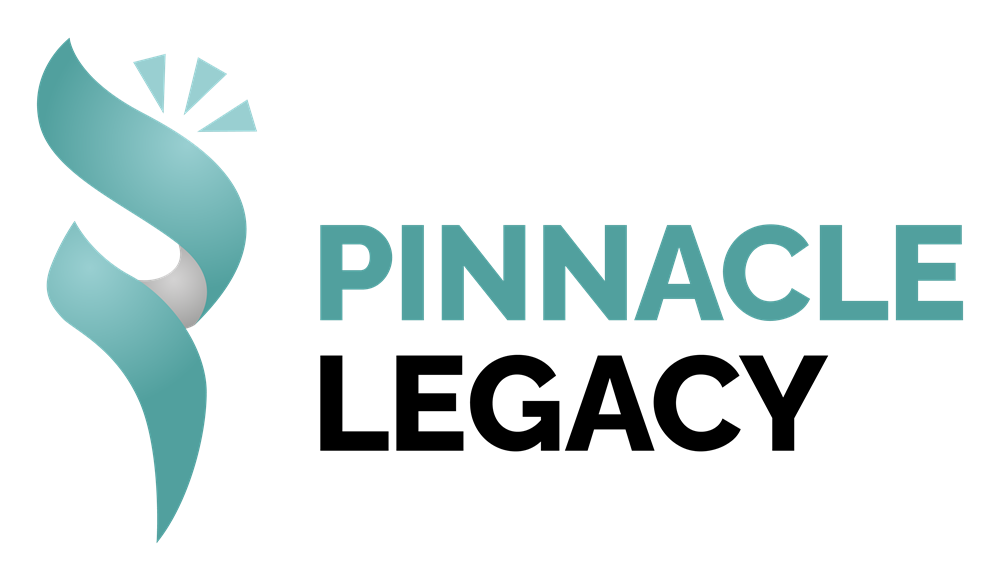Graduation isn’t just a final chapter; it’s the beginning of a brand-new book. For new graduates, the transition into full-time work can feel like jumping from a structured world into one that moves faster, expects more, and comes with fewer guardrails.
After years of classes, deadlines, and part-time jobs, you’re stepping into a new identity: young professional. And while ambition runs high, so does the pressure. In this next phase of life, success isn’t just about performance. It’s also about preservation. Maintaining balance early in your career gives you room to grow without burning out.
This guide will cover practical work-life balance tips to help you stay grounded, healthy, and focused. You deserve to thrive, not just survive.
1. Prioritize Sleep and Recovery
Energy is a resource, not a guarantee. Rest is one of the most powerful tools for clarity and long-term resilience. Building a consistent sleep schedule helps you show up entirely focused and recharged.
- Aim for 7–9 hours of sleep each night to support mental sharpness and physical recovery.
- Avoid screens at least 30 minutes before bed to improve sleep quality and reduce restlessness.
- Don’t treat sleep like a reward—treat it like fuel and protect it with firm boundaries.
2. Establish a Consistent Morning Routine
Mornings don’t have to be high energy to be effective. A calming, reliable routine can help set a stable tone for the rest of the day. It creates structure, improves mood, and supports focus.
- Wake up at the same time every day, including weekends, to regulate your body clock.
- Include 10–15 minutes of quiet time, whether it’s for stretching, journaling, or slow breathing.
- Eat a balanced breakfast or drink water early to stabilize energy and reduce brain fog.
3. Set Boundaries Around Work Hours
Blurry lines between work and home can quickly lead to stress and exhaustion. Boundaries are essential to protect your time and mental space and show others how to respect your availability.
- Define your work hours and stick to them consistently, even during busy stretches.
- Avoid checking email or responding to messages after hours unless it’s urgent or scheduled.
- Communicate your schedule with coworkers so expectations remain transparent and fair.
4. Schedule Time for Exercise
Physical movement isn’t just about health—it’s a stress reliever and productivity booster. Exercise helps regulate emotions, boosts energy, and clears your mind. It doesn’t have to be intense to be impactful.
- Take short walks during breaks to improve circulation and mental clarity throughout the day.
- Try beginner-friendly home workouts or local classes that match your energy and schedule.
- Choose enjoyable activities so movement feels rewarding instead of like another obligation.
5. Protect Your Evenings for Personal Time
Evenings are a chance to replenish your mind and reconnect with what matters. Avoid the temptation to extend your workday past its limits. Treat your free time as sacred, not secondary.
- Avoid passive scrolling and instead engage in creative hobbies or relaxing pastimes.
- Set aside time for family or friends, even for a brief call or casual hangout.
- Cook, read, draw, or explore anything that restores you instead of relying on background noise.
6. Use a Planner or Calendar System
A sound planning system is like a mental safety net. It helps you stay organized and make the most of your time. Clarity leads to confidence, which makes balance much easier to maintain.
- Plan your week every Sunday night so you start each Monday with purpose and perspective.
- Include work deadlines, errands, workouts, and personal moments to get a complete picture.
- Use apps or a paper planner based on what keeps you most engaged and accountable.
7. Communicate Your Capacity Honestly
Overcommitment is a fast track to burnout. Honesty about your limits protects your energy and helps others work with you better. Transparency builds trust and supports healthy collaboration.
- Let teammates or supervisors know when your workload is complete so they can adjust as needed.
- Don’t agree to extra work to appear capable—your well-being takes priority.
- Ask for clarity or guidance when something feels overwhelming so you don’t fall behind silently.
8. Say “Yes” With Intention
Not every opportunity deserves a yes. Being intentional means choosing growth over noise. When you act purposefully, you create space for what truly fuels your progress.
- Reflect on how each opportunity aligns with your long-term goals and current capacity.
- Accept projects or invitations that inspire and stretch you, not just ones that fill time.
- Choose quality over quantity so your commitments feel aligned, not draining.
9. Evaluate and Adjust Monthly
Life changes, and your routines should grow with them. Checking in with yourself helps you stay ahead of imbalance. These regular self-assessments are one of the most effective work-life balance tips for keeping stress levels in check.
- Journal at the end of each month about what energized you and what didn’t.
- Shift priorities based on changes in workload, mood, or personal goals.
- Make tweaks you can stick with rather than trying to overhaul your life overnight.
What to Expect During the First Year
Your first year out of school is a time of rapid growth. It’s normal to feel like you’re adjusting every week, because you are. From new schedules to unfamiliar expectations, the learning curve is steep. These insights can help you navigate the ups and downs more smoothly:
- Allow Yourself to Learn Gradually: You won’t have all the answers right away, and that’s expected. Progress comes from asking thoughtful questions, listening actively, and remaining open to feedback. Confidence builds as you give yourself space to grow.
- Mistakes Are Part of Mastery: Everyone fumbles during their first year, even high achievers. What matters most is how you respond and adapt to those moments. Treat missteps as learning checkpoints, not personal failures.
- Focus on Your Timeline: It’s tempting to compare your journey to others who seem to have it figured out. But growth isn’t a race or a ranking system. Your pace, priorities, and process are valid and uniquely yours.
- Be Curious, Not Just Compliant: Don’t be afraid to ask why things are done a certain way. Curiosity shows initiative and can help you understand the bigger picture. It also enables you to grow faster than just following orders.
- Track Small Wins Weekly: Progress isn’t always obvious day to day. Write down what you learned, completed, or improved weekly. Over time, these notes become proof of how far you’ve come.
- Seek Feedback, Don’t Wait for It: Don’t wait for formal reviews to understand how you’re doing. Proactively ask colleagues and supervisors what you could improve. This shows maturity and a willingness to grow.
- Develop a Resilience Routine: Bad days are inevitable in your first year. Having go-to ways to reset—like journaling, going for a walk, or calling a friend—can help you bounce back faster. Resilience is a skill that grows stronger with use.
- Stay Open to Change: What you expected from your job may shift once you’re in it. Keep an open mind about new roles, responsibilities, or paths. Flexibility helps you find the right fit while gaining experience.
Recognizing Jobs With Good Work-Life Balance
The culture of your workplace can dramatically influence your quality of life. While all jobs have busy seasons, some are naturally more flexible and mindful of employee well-being.
Jobs with good work-life balance offer clear expectations, reasonable hours, and mental health resources. When job hunting, look for roles that mention flexibility, wellness programs, or paid mental health days. Great options for new grads include nonprofit roles, administrative positions, and entry-level marketing jobs that offer structure without long-hour demands.
During interviews, ask about workload, team communication, and how time off is handled. These questions reveal more about the company than benefits brochures ever will.
Start Your Career Grounded and Growing
Finding work-life balance as new graduates is not about doing everything perfectly. It’s about making mindful decisions, establishing helpful routines, and giving yourself space to grow without self-neglect. Whether creating a morning ritual or saying no to one more project, your well-being is worth protecting.
Thriving professionally and personally doesn’t have to be a trade-off. Pinnacle Legacy empowers individuals to lead purposefully and align their work with values that matter. We create direct marketing career opportunities that make a difference, while helping you grow as a leader in life and work.
Take the first step toward a balanced, well-rounded life and career!


